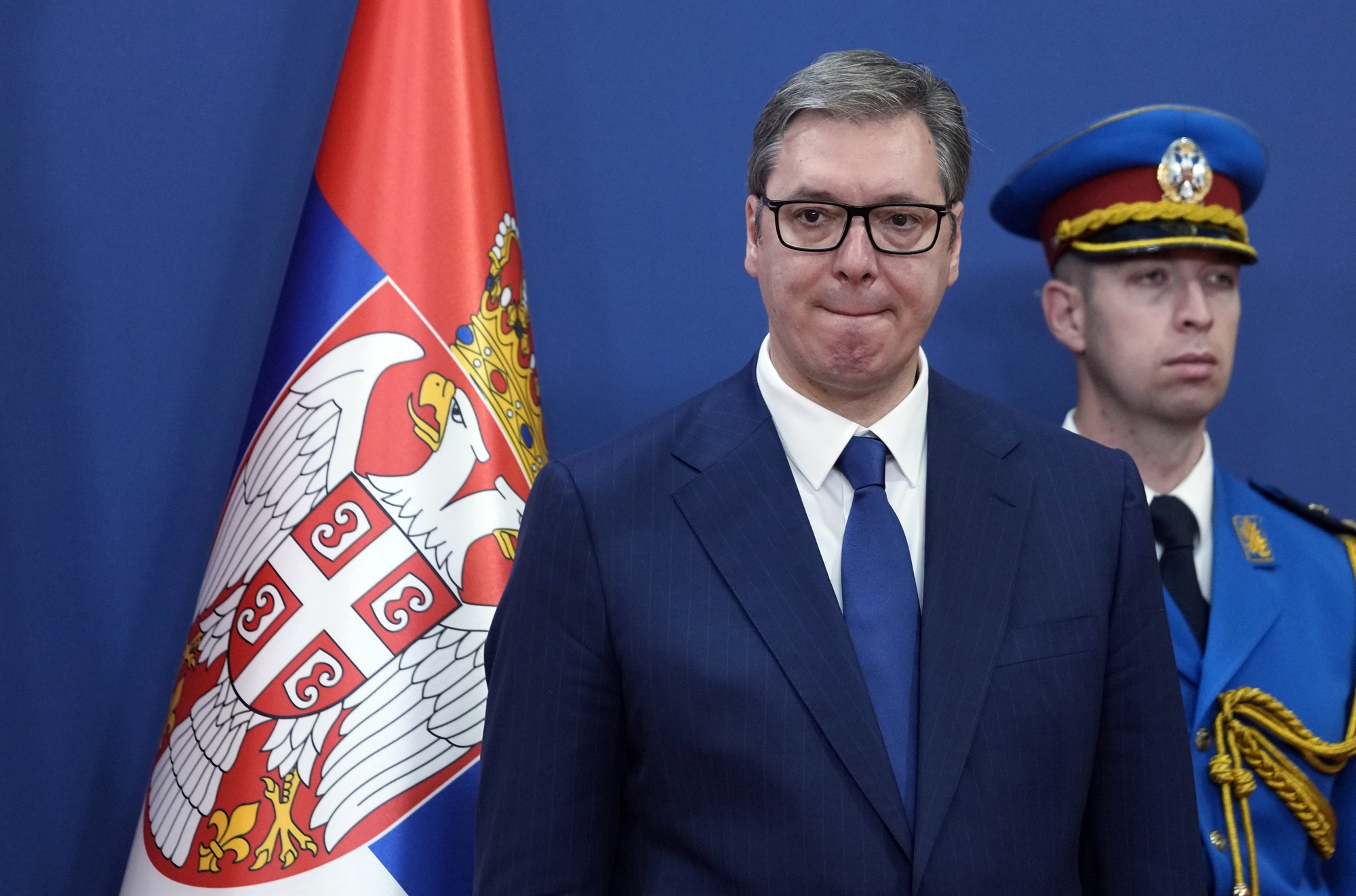
Tensions that arose in the previous days in northern Kosovodespite the rapid and abrupt intervention of the Western powers, is an example of the evolution that represents one of the many unresolved and numerous fronts Western Balkans.
According to some analysts, the crisis is largely based on the efforts of the President of Serbia. Alexander Vucic but also to the Kosovo authorities, to remind them that the differences between Belgrade and the (partially internationally recognized) entity represented by Pristina are far from being resolved in any direction.
Western media often portray Russian interference in Belgrade as overwhelming, but economic reality suggests that the most powerful international player in the Serbian capital is Beijing, which is pursuing a very different tactic. OUR Athena in various ways he tried to help both sides in their efforts to come to an understanding, while at the same time improving his cooperation with Kosovo.
Of course, the inhabitants of diplomatic Jerusalem are well aware that the relations between Athens and Pristina pass through Tirana and Greco-Albanian differenceswith important – for the Greek side – the protection of the national minority and the delimitation of maritime zones.
Start of negotiations on Albania’s accession to the EU. will give room for resolving bilateral disputes, while the swearing in of a new Albanian president a few days ago is also considered positive Bayram Begaias one of the constant arguments of the Albanian government and prime minister Edie Rama was that his predecessor, Ilir Meta, stubbornly denied EEZ demarcation with Greece, an attitude which he regularly reported in interviews with Turkish newspapers, even on the eve of his departure.

Athens tried in various ways to help both sides in their efforts to reach an agreement, while at the same time improving its cooperation with Kosovo.
“Success stories” of the Western Balkans are limited to North Macedoniawhich, after resolving the nomenklatura dispute with Greece through the Prespa Agreement, will also normalize its relations with Bulgaria, which a few days ago paved the way for the start of EU accession negotiations. agreement between Skopje and Sofia.
Quite dangerous is the interpretation of the recent crisis on the Serbian-Kosovo administrative border as evidence of the danger of the Russian-Ukrainian conflict spreading through puppets in the Balkans. On the contrary, the situation in Bosnia and Herzegovina reminds that the risk remains. The Dayton Accords (1995) gave way to events as the federal scheme failed and the entities that make up the Bosnian state retained their autonomy.
One of them, the Republika Srpska, has proved to be very close to Moscow, as there is a strong belief that Russia is the only force defending the rights of the Serbs. In this context of years of inaction, calls to promote Bosnia and Herzegovina’s accession to the EU are becoming increasingly relevant. they are more like a wish list than a realistic prospect.
Source: Kathimerini
Robert is an experienced journalist who has been covering the automobile industry for over a decade. He has a deep understanding of the latest technologies and trends in the industry and is known for his thorough and in-depth reporting.